If you ask a room full of people what their favorite board game is, many of them will have the same answer: Monopoly.
The game is tons of fun — it involves buying and selling properties, making and losing money, and trying to build an empire of houses and hotels.
And although most people know that Monopoly has been around for a long time, a lot of people don't actually know the history of the famous board game — and it's actually fascinating.
Now, before you click over to a different article (like this one about a 5-year-old finally getting a kidney transplant), hear me out, because the history of Monopoly involves secret maps, British prisoners of war, and smuggling.
I know, it sounds like I just described a spy movie. Who knew that the dusty old box in the game room had such a wild backstory?
To find out more about the incredibly interesting game, keep scrolling!
Thumbnail Credit: Wikimedia Commons
[H/T: Dusty Old Thing]
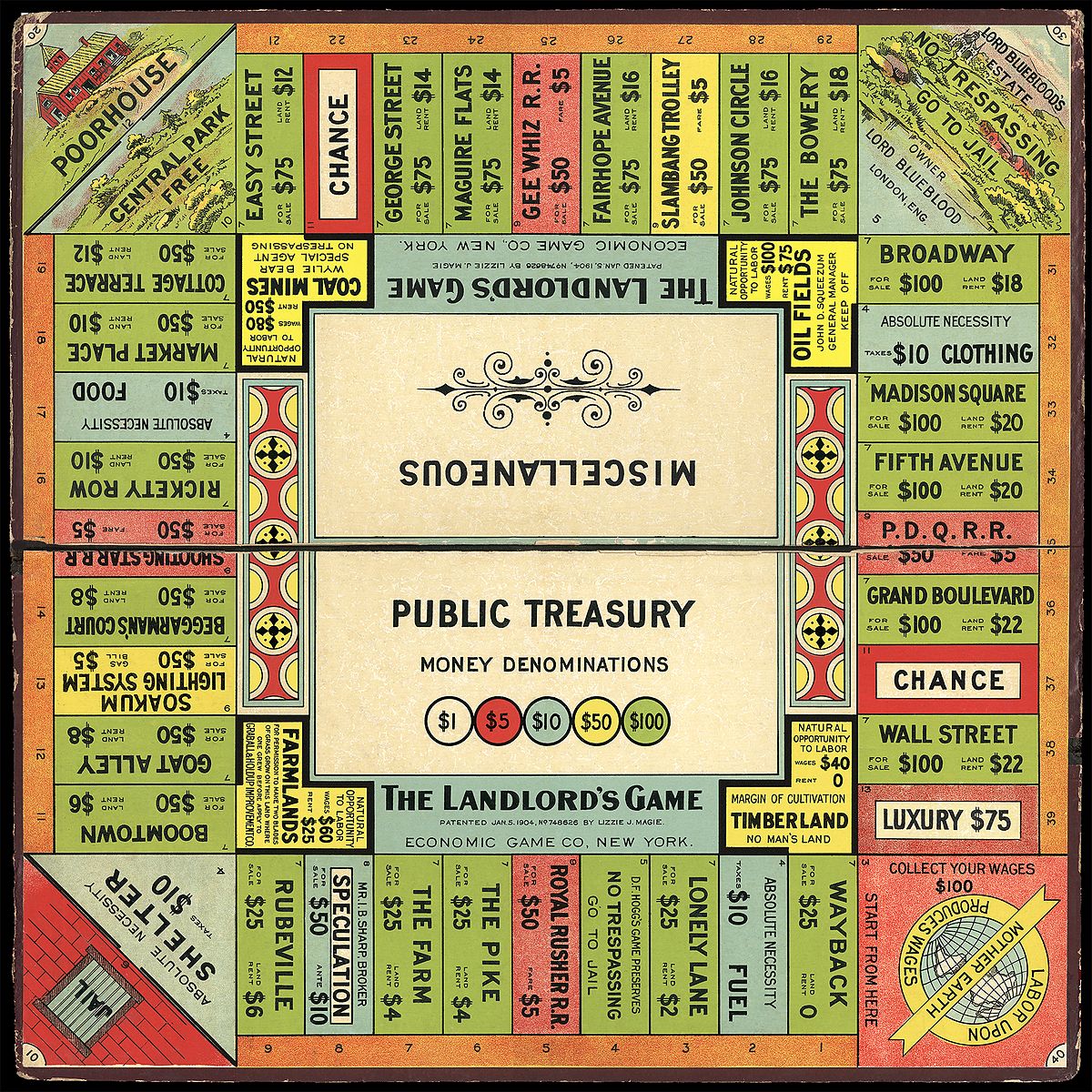
The earliest form of what is now known as Monopoly was called The Landlord's Game.
It was created in 1903 by a woman named Elizabeth Magie, who wanted it to illustrate the negative aspects of monopolies — she had no idea that her game would eventually be used to help Allied prisoners during WW2.
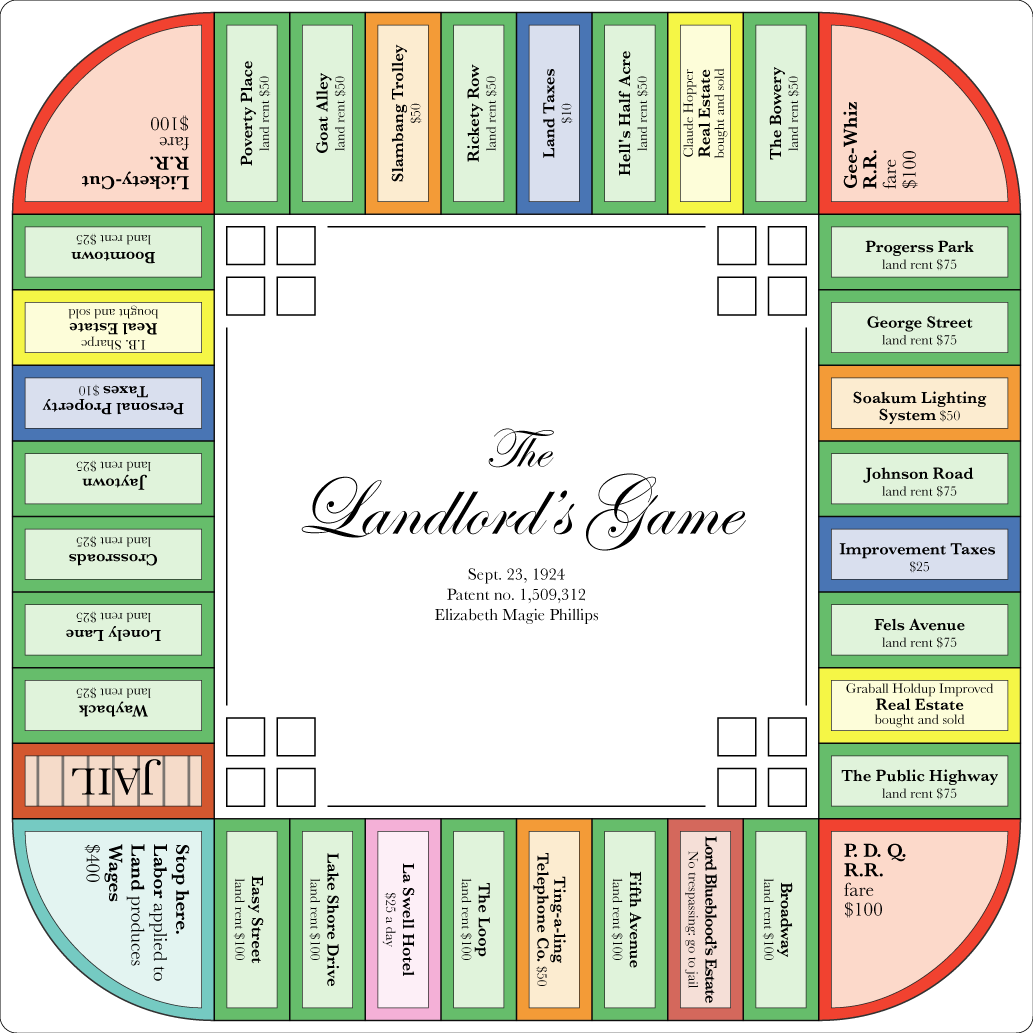
Rumor has it that Charles Darrow played The Landlord's Game at a dinner party one night, then created a new version that he called Monopoly.
After Monopoly had incredible sales during the Christmas season of 1934, Parker Brothers bought the rights to the game from Darrow.
When Parker Brothers found out that Charles wasn't the sole inventor of the game, they bought the rights to Elizabeth's The Landlord's Game.
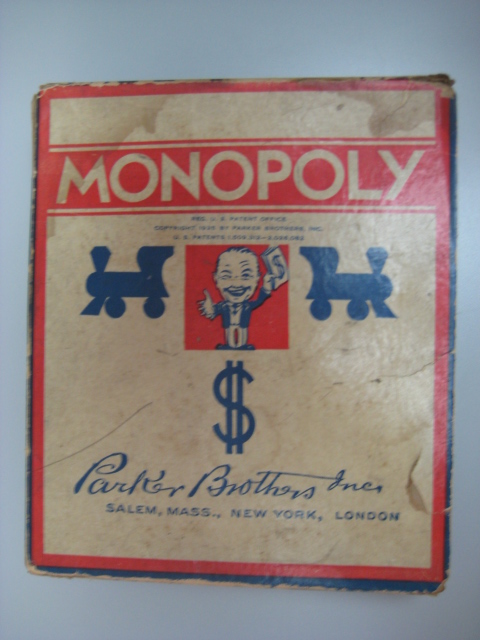
In 1935, Parker Brothers began selling Monopoly — the game board was based on the streets of Atlantic City, New Jersey.
By 1936, Parker Brothers had to start licensing the game to be sold outside of the U.S. This is what leads us to WW2, prisoners of war, and smuggling.
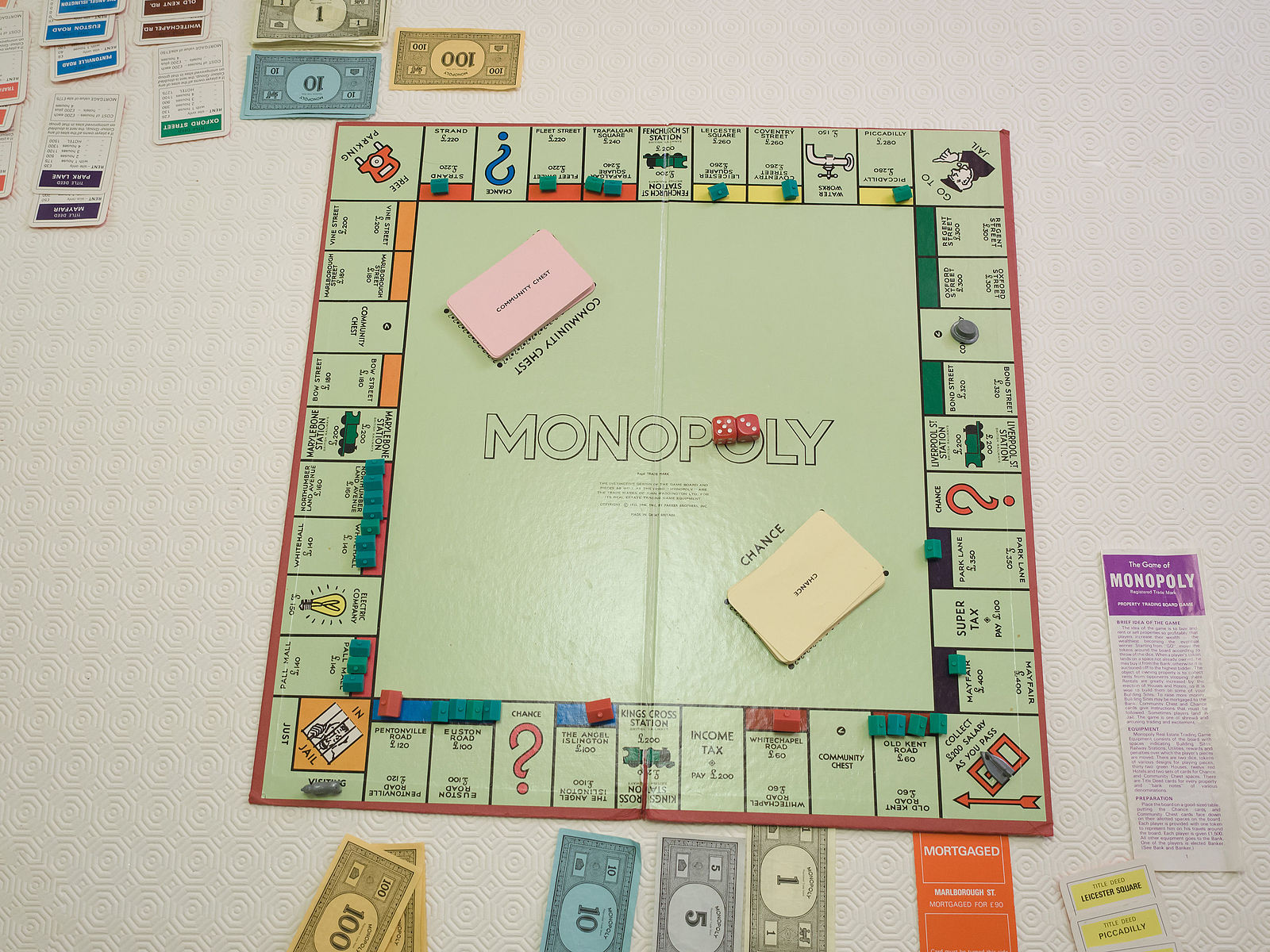
John Waddington Ltd. the U.K. manufacturer, began selling the game — then in 1941, the British Secret Intelligence Service had John Waddington Ltd. start creating a special WW2 edition of Monopoly specifically for prisoners of war.
Then, the Secret Intelligence Service had these special versions of the game delivered to prisoners of war held by the Nazis.
Accounts vary, but they may have used either Red Cross workers or made-up aid groups to smuggle the games in.
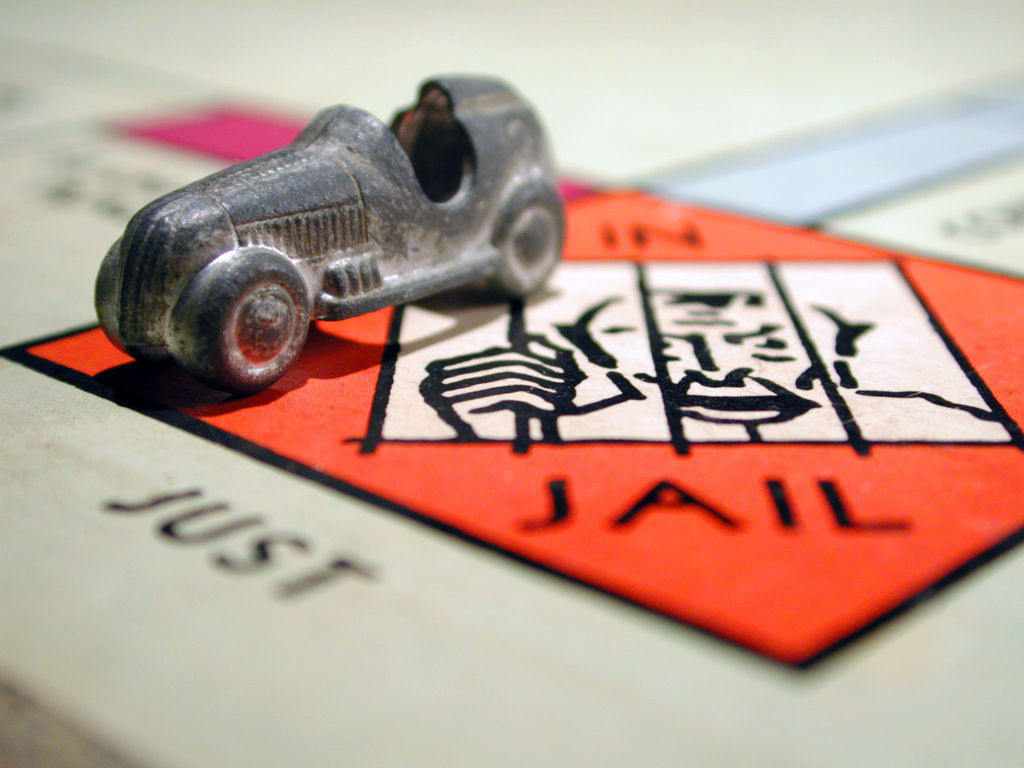
Inside these games were not just normal Monopoly pieces, but also compasses, maps, real money, and other objects they could use to escape.
Interestingly, the maps were printed on silk so that they wouldn't rustle when they were opened.
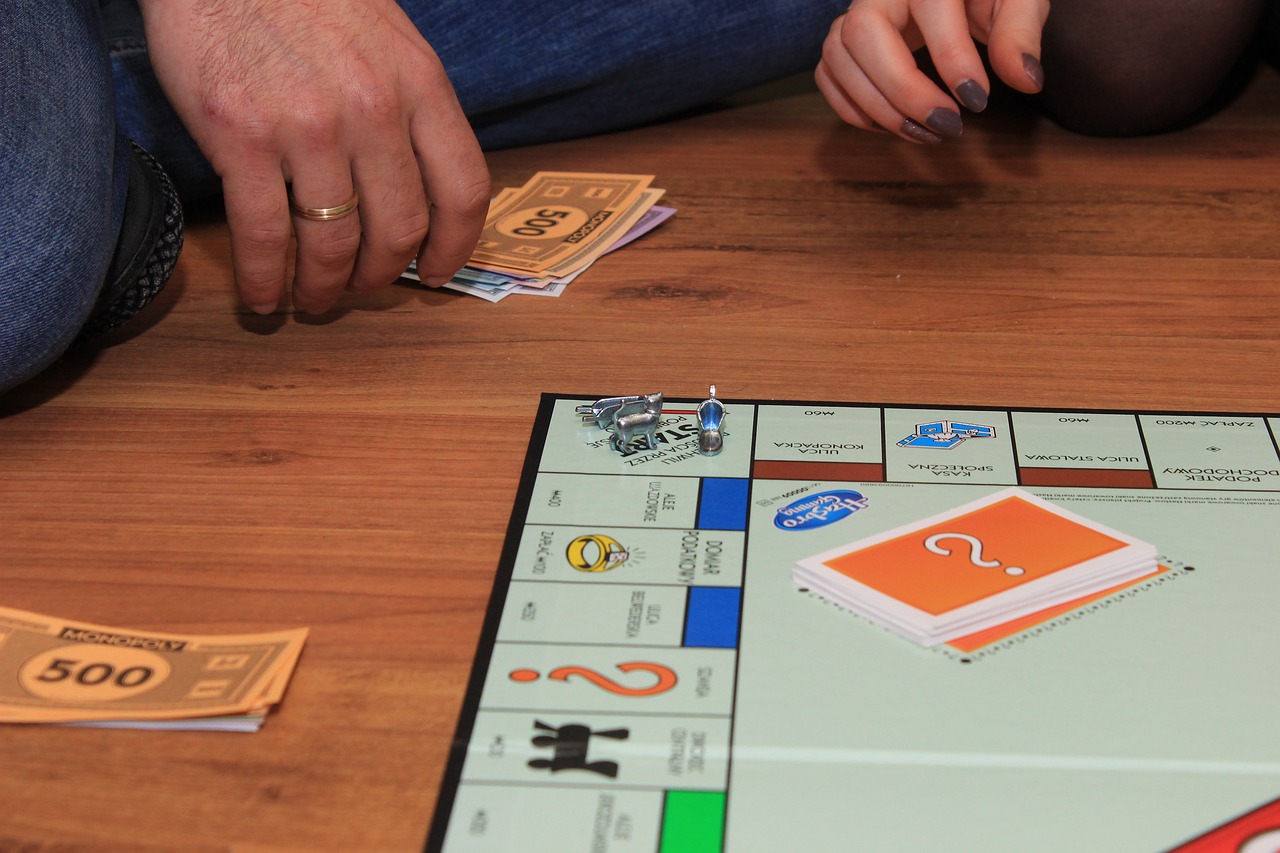
According to Snopes, John Waddington Ltd. originally got involved with manufacturing the game because of their printing expertise — they had already been printing maps on silk for use in the army elsewhere.
Once the prisoners received their Monopoly games, they would remove the money and other hidden items, then destroy the games so the guards wouldn't catch on.
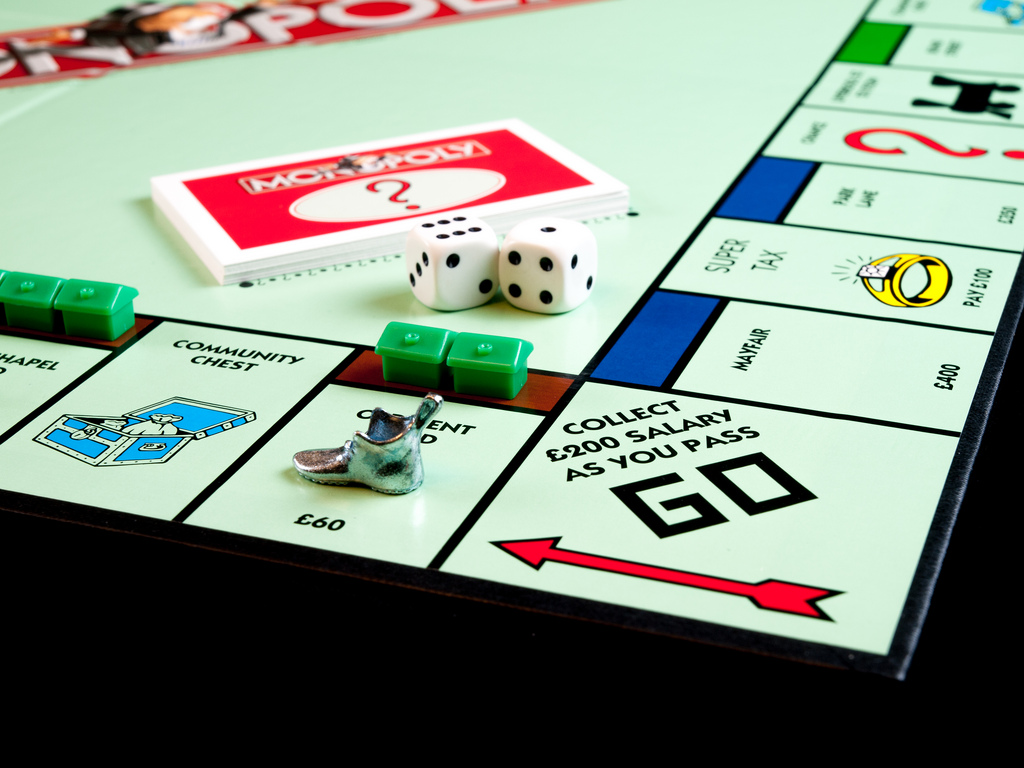
There are no exact reports on the number of prisoners Monopoly was able to help, but the company would like to believe that many prisoners escaped because of the game.
Who would've thought that a simple board game was the perfect way for the British Army to smuggle supplies to their prisoners?!
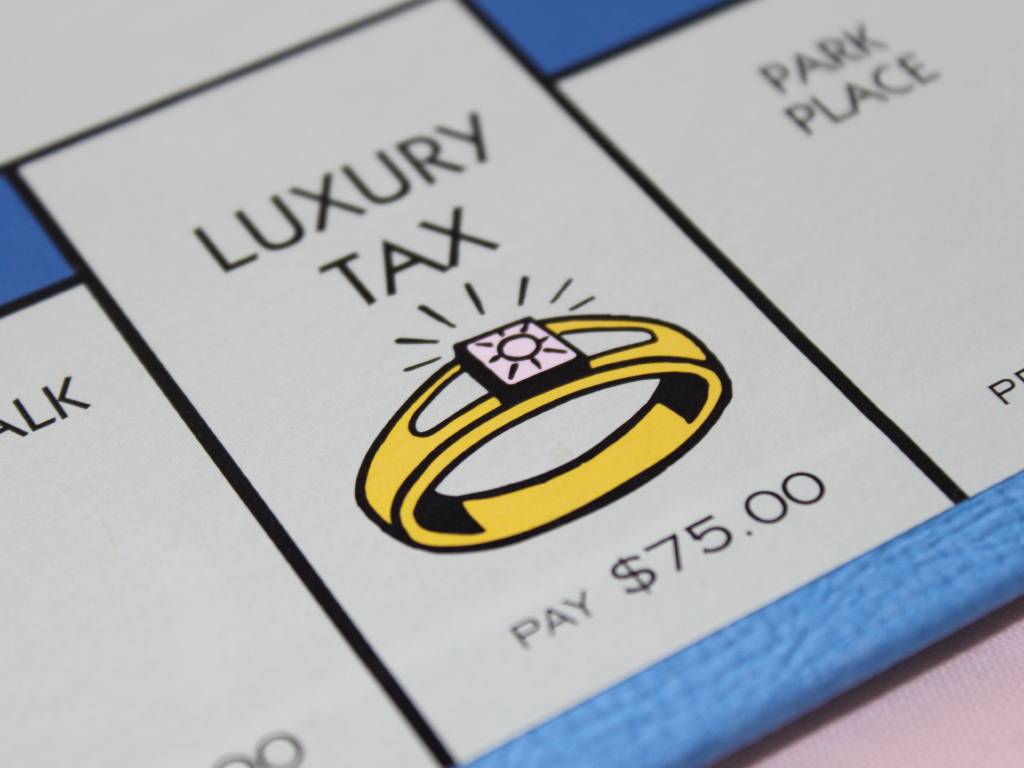
Did you know the fascinating history of Monopoly?
If you love this classic board game, please SHARE this article with your friends!




